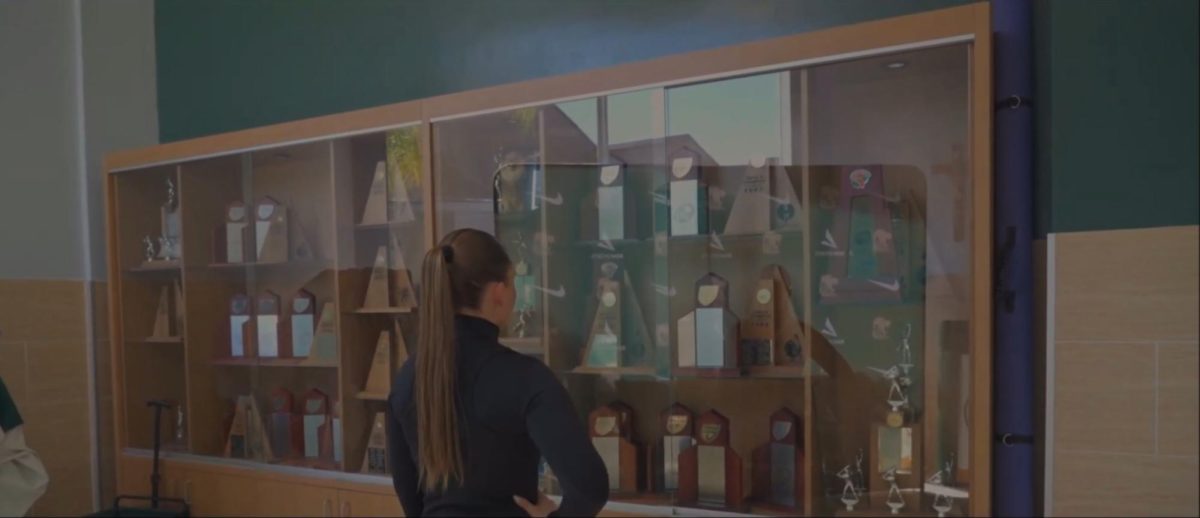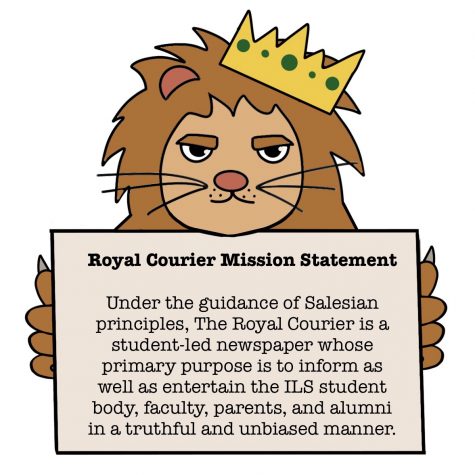Dealing with Student Stress
October 22, 2019
Last Thursday, October 17, the first quarter at Immaculata-La Salle high school came to an end, leaving many students stressed and pressured to get their grades up.
The average high school teacher assigns 3.5 long periods of schoolwork every week. The typical high school student takes seven classes, that implies that they get 24.5 long periods of schoolwork week by week.
Not only do they have homework, but students also have to study for tests for every different class.
This means they don’t have a lot of time to spend on extra curricular activities, or to spend time with family since they are so occupied.
This stress extends especially to the juniors as they are preparing to take the SAT and the pressures of college coming soon.
“I feel like the end of the first quarter is always the most stressful because it’s the first grades that come out so I do feel pressured and stressed especially because I’m a junior and colleges care the most about junior year,” said junior Valentina Dal Bosco.
Unlike adults, who can convey about how stress impacts their lives, teenagers may not perceive or even have the words to depict how they’re feeling.
Ms. Carmen Hoyos, the junior class guidance counselor, thinks students shouldn’t stress but instead fix the issue causing them stress and has a message for the juniors.
“I would ask them to tell me what are they worried about? What is it about the current grade? Is it about getting into college? And I think the biggest question I would ask them, if they are doing poorly is the why?” Ms. Hoyos said.
“Are they giving as much as they can? Are they doing their best? Or is it really just about changing their way? Time management? First, we have to find out why they’re worried about, then once we figure out what it is, then we see if we can change that.”
Researchers have discovered that students are encountering stress at developing rates. They state teenagers in the U.S. are much more stressed than adults. Stress can affect health-related behaviors like sleep patterns, diet, and exercise as well.
One stress reliever is sleeping. Students with their busy schedules lack sleep. When operating in a sleep-deprived state puts students at a disadvantage. You’re less productive and you find it more difficult to learn.
Exercising is another stress reliever. Students can work exercise easily into their schedules by doing yoga in the morning, walking or biking to campus, or studying for tests with a friend while walking on a treadmill at the gym. Taking a walk outside is another great stress reliever.
Here at ILS, teachers help students as much as possible so that by the end of the quarter no one feels stressed out. Teachers understand that after school students have extracurricular activities, therefore teachers are always there to help them.















